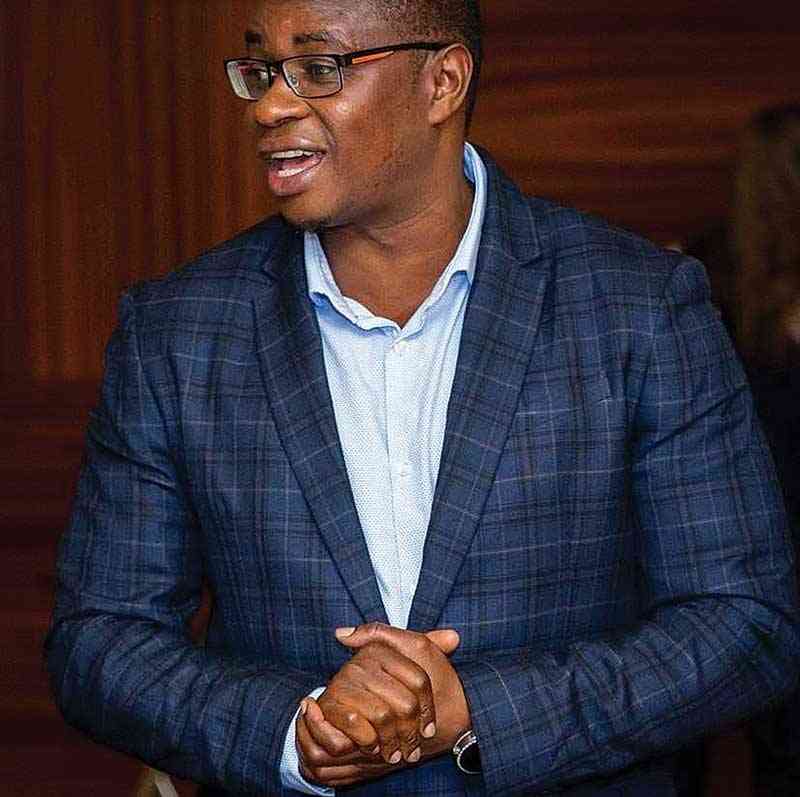
CHRIS GOSHOMI, the Zimbabwe Leeds Community (ZLC) chairperson — a group of Zimbabweans residing in the West Yorkshire area, north of England — believes the diaspora community is central to the country’s economy.
Leeds appears to have become the “capital of Zimbabwe” in the UK, as the UK 2021 census data showed the highest concentration of Zimbabweans in this northern part of the UK.
Goshomi told NewsDay Life & Style that established migrant communities in the UK are significantly contributing to their countries of origin.
“Zimbabweans abroad continue to contribute to the country’s social and economic development through skills transfer, philanthropic contributions and investments. This presents a critical need to invest in the welfare of these diaspora communities as they are a huge capital asset,” he said.
“The International Organisation for Migration Zimbabwe national country strategy 2021 to 2024 report states that, in the period 2020 to 2021, the Zimbabwean diaspora community remitted over US$1,6 billion which is a significant percentage of the country’s GDP.”
He added: “We are working alongside many of these established settler communities such as Indians, Chinese, Pakistanis and other African communities to learn as much as possible from their experiences of creating sustainable communities here in the UK and also how we can transform our country back home.
“Presented with this population advantage, it is only prudent for us to organise ourselves to create a vibrant community like many other established communities that have settled before, who have become highly influential and are contributing positively, economically, socially and politically in the country.”
Goshomi said ZLC would continue to pursue its home away from home vision in a foreign land through its solid structures, which consist of sub-committees working on various projects which include the welfare and support team.
- Building Narratives: Africa Day: We have to own our own narratives
- Building Narratives: Africa Day: We have to own our own narratives
- Village Rhapsody: Community-based rehabilitation post Covid-19 era
- Building narratives: Writing a book that sells
Keep Reading
Among those in the structures is celebrated choreographer Enisia Mashusha, famed for founding the once vibrant Mambokadzi Dance group, as the vice-secretary.
“We continue to experience unprecedented emigration from Zimbabwe, something that can be perceived as negative for the country and its citizens. As Zimbabwe Leeds Community we want to turn that negative into a positive to retain our community pride away from home,” he noted.
“We pride ourselves as the most organised diaspora community outside Zimbabwe. We want other Zimbabwean diaspora communities to learn the same concept and organise themselves for the welfare of all the Zimbabwean people outside Zimbabwe.”
Goshomi said they had come to understand and appreciate that unity can change their plight in a foreign land.
“While the State and the local authorities support communities generically, their services are not comprehensive, and many migrant communities slip through the net and are exposed, leading to serious vulnerabilities, hence the high prevalence of social issues like, mental health, domestic violence, physical health issues and high mortality among migrant communities, and these threaten the sustainability of these communities,” he further explained.
This Saturday ZLC members converge for a Christmas bash to foster a sense of belonging and community alongside other migrants.
The event comes after their successful independence party celebrations in April which was youth led.
The event, according to Goshomi, helped to address some of the serious challenges that were beginning to affect the community such as knife crimes.
“We have come to realise that celebrations of events such as Christmas are very important to bring our people together. These opportunities provide platforms for our people to not only connect among themselves, but also create wider networks with other communities,” Goshomi said.
“Socialising and having fun together can have positive effects on the mental well-being of the community. Community parties tend to attract people from diverse backgrounds, fostering inclusivity and it is a chance for individuals of different ages, gender, ethnicity and interests to come together in a celebratory atmosphere.
“These social interactions at community parties help to strengthen relationships in the community. We also use community parties to break relationship barriersbetween our younger generations and the older generations, something which is a persistent challenge to the diaspora communities due to acculturation trajectory differences.”
As ZLC, Goshomi said they were conscious of the challenges faced by new migrants coming under the skilled visas, particularly those coming to work in the Health and Social care sector with precarious contracts.
“Engaging in community parties helps to create a relaxed environment where community members can engage in open conversations. This can lead to better communication and understanding among community members about the problems in the community in order to find solutions to address them,” he reiterated.
“Celebratory events contribute to a positive community spirit, lifting morale and creating a sense of happiness. We have realised that the more we celebrate together the more we build collective pride and identity.”
Goshomi urged people from various communities to attend the Christmas party.
“This Christmas party is a huge opportunity to build a future for our generations to come, like Chinua Achebe says, “a man who calls his kinsmen to a feast does not do so to redeem them from starving. They all have food in their own houses. When we gather together in the moonlight village ground, it is not because of the moon. Every man can see it in his own compound,” he added.







